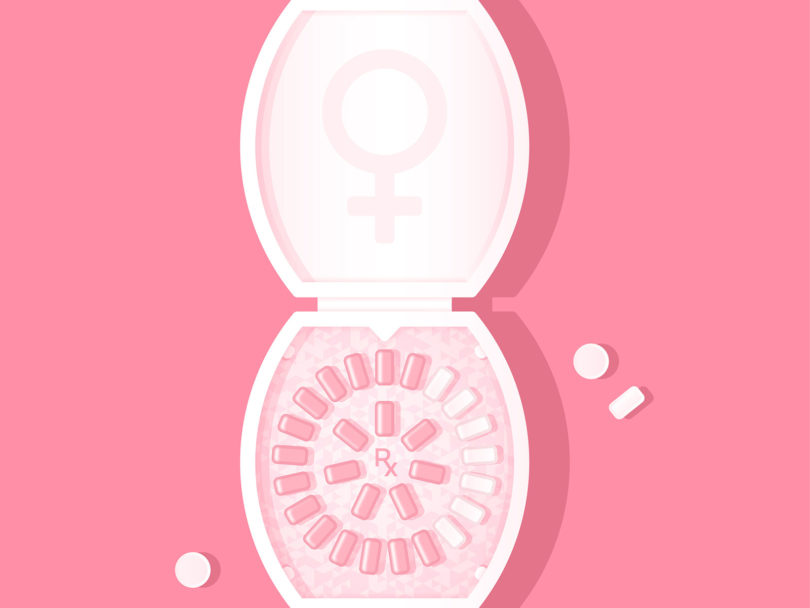In the United States, over 10 million women take a daily birth control pill to prevent pregnancy. The pill, a combination of estrogen and progesterone, prevents a woman’s body from releasing an egg during ovulation. Without an egg released, pregnancy isn’t possible.
So, what happens when you no longer get the extra daily boost of estrogen and progesterone? You can expect these things to happen:
You’ll Return to Your “Normal Cycle”
While you take the pill, you never have a true period. The bleeding that occurs while you take placebo pills in your pill pack is withdrawal bleeding. Without estrogen and progesterone, your uterus sheds its lining. Bleeding on the pill is typically predictable, happening every 28 days on the nose.
But that doesn’t mean your period will be regular or predictable. Most women have a cycle that is between 21 days and 35 days, but it won’t always be the same; some may be 27 days long while others are 32. Your period can also change from month to month based on changes in diet, stress levels or illness.
Within a few months, your cycle should return to however it was before you started the pill. If you had 29 day cycles before taking the pill, you should return to 29 day cycles after you stop. Any menstrual symptoms you had before starting the pill, you should have again. Basically, without the pill, your body picks up right where it left off.
Less than one percent of women experience a condition call post-pill amenorrhea in which they don’t start their period after stopping the pill. If you haven’t started your period within three months and are not pregnant, you should see your physician.
Any Side Effects Will Stop
If you have any side effects related to the pill, they should stop quickly after you stop taking the pill. These might include side effects you didn’t even know you were experiencing. You may have an increased libido or a change (for better or worse) in your moods.
But remember, any benefits from the pill will stop, too.
You may experience increased levels of acne or heavier periods.
You May Get Pregnant
Without the pill, you can get pregnant even with a few days for some women. For the majority of women, having sex regularly for a few months without using any form of contraception will result in pregnancy. Between 70 and 80 percent of women will become pregnant within six months.
To continue to avoid pregnancy, you should use condoms, an intrauterine device or another form of contraception.
If you stopped taking the pill to become pregnant, you should see your physician for a preconception appointment. During this appointment, your physician can help you and your partner take steps to improve your health and chance of conception.
If you have not conceived within a year or have symptoms of a gynecological condition that could affect your fertility, you should see your physician.
You May Discover Health Conditions
The pill treats a wide range of health conditions, including polycystic ovary syndrome and endometriosis. If you take the pill for many years, it may hide symptoms of these conditions.
When you stop taking the pill, you may begin to experience symptoms such as cycles that are over 35 days, pelvic pain or heavy menstrual bleeding.
No matter why you stop taking birth control pills, it’s a good idea to give your physician a heads up, just like when you stop taking any medicine. It helps your physician stay up-to-date on your health and give you the advice you need for a healthy lifestyle.



